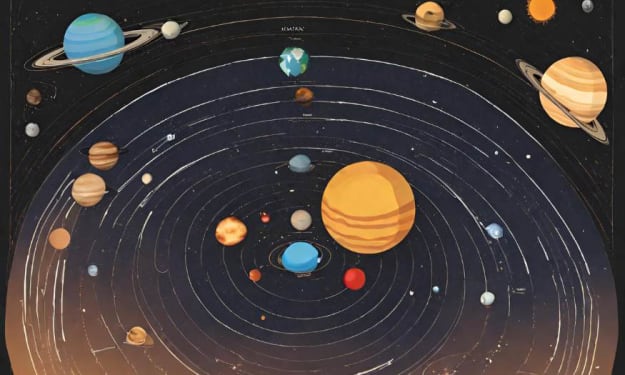The Science of Climate Change Explained: Facts, Evidence and Proof
Definitive answers to the big questions.

The science of climate change is more solid and widely agreed upon than you might think. But the scope of the topic, as well as rampant disinformation, can make it hard to separate fact from fiction. Here, we’ve done our best to present you with not only the most accurate scientific information, but also an explanation of how we know it.
How do we know climate change is really happening?
Climate change is often cast as a prediction made by complicated computer models. But the scientific basis for climate change is much broader, and models are actually only one part of it (and, for what it’s worth, they’re surprisingly accurate).
For more than a century, scientists have understood the basic physics behind why greenhouse gases like carbon dioxide cause warming. These gases make up just a small fraction of the atmosphere but exert outsized control on Earth’s climate by trapping some of the planet’s heat before it escapes into space. This greenhouse effect is important: It’s why a planet so far from the sun has liquid water and life!
However, during the Industrial Revolution, people started burning coal and other fossil fuels to power factories, smelters and steam engines, which added more greenhouse gases to the atmosphere. Ever since, human activities have been heating the planet.
We know this is true thanks to an overwhelming body of evidence that begins with temperature measurements taken at weather stations and on ships starting in the mid-1800s. Later, scientists began tracking surface temperatures with satellites and looking for clues about climate change in geologic records. Together, these data all tell the same story: Earth is getting hotter.
Average global temperatures have increased by 2.2 degrees Fahrenheit, or 1.2 degrees Celsius, since 1880, with the greatest changes happening in the late 20th century. Land areas have warmed more than the sea surface and the Arctic has warmed the most — by more than 4 degrees Fahrenheit just since the 1960s. Temperature extremes have also shifted. In the United States, daily record highs now outnumber record lows two-to-one.
This warming is unprecedented in recent geologic history. A famous illustration, first published in 1998 and often called the hockey-stick graph, shows how temperatures remained fairly flat for centuries (the shaft of the stick) before turning sharply upward (the blade). It’s based on data from tree rings, ice cores and other natural indicators. And the basic picture, which has withstood decades of scrutiny from climate scientists and contrarians alike, shows that Earth is hotter today than it’s been in at least 1,000 years, and probably much longer.
In fact, surface temperatures actually mask the true scale of climate change, because the ocean has absorbed 90 percent of the heat trapped by greenhouse gases. Measurements collected over the last six decades by oceanographic expeditions and networks of floating instruments show that every layer of the ocean is warming up. According to one study, the ocean has absorbed as much heat between 1997 and 2015 as it did in the previous 130 years.
We also know that climate change is happening because we see the effects everywhere. Ice sheets and glaciers are shrinking while sea levels are rising. Arctic sea ice is disappearing. In the spring, snow melts sooner and plants flower earlier. Animals are moving to higher elevations and latitudes to find cooler conditions. And droughts, floods and wildfires have all gotten more extreme. Models predicted many of these changes, but observations show they are now coming to pass.





Comments
There are no comments for this story
Be the first to respond and start the conversation.